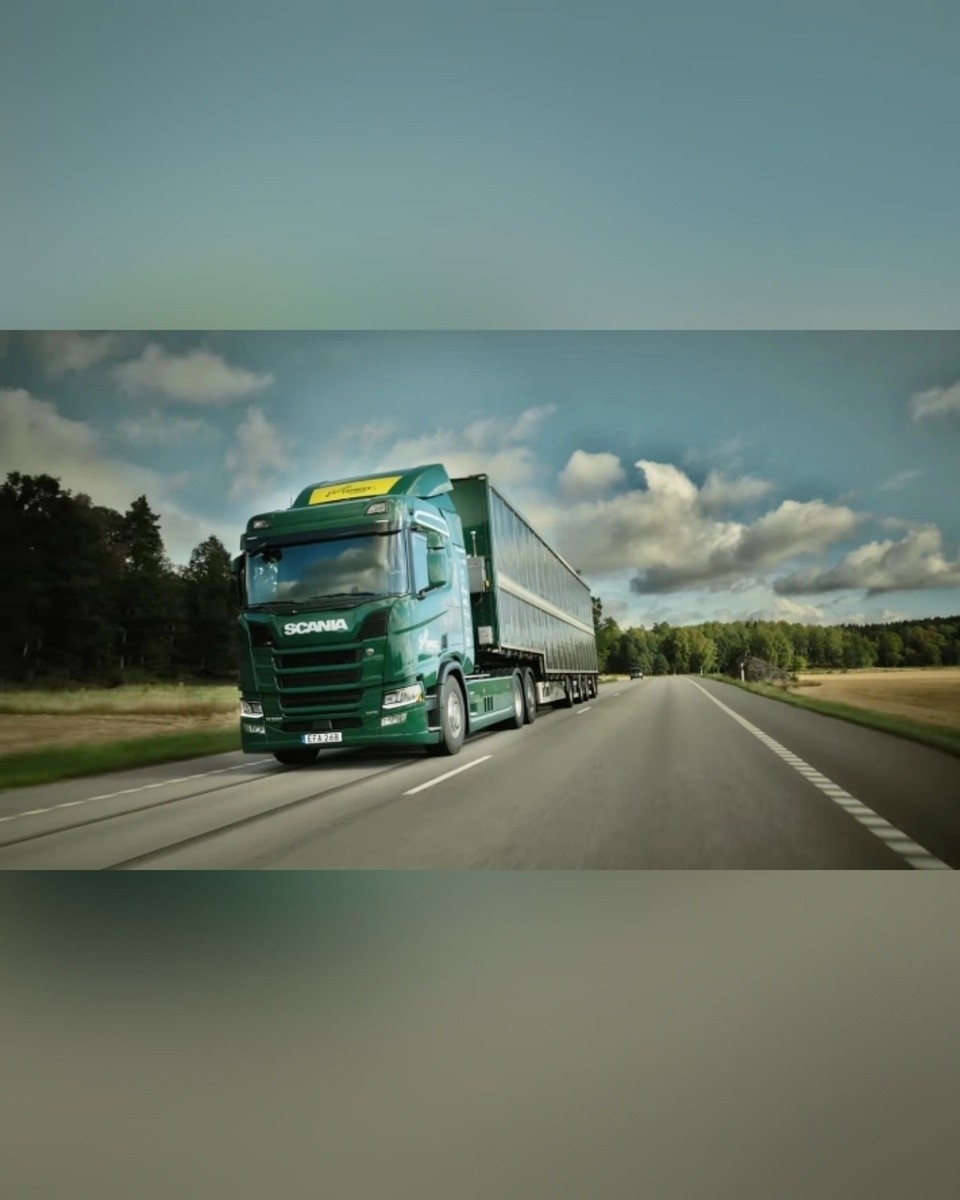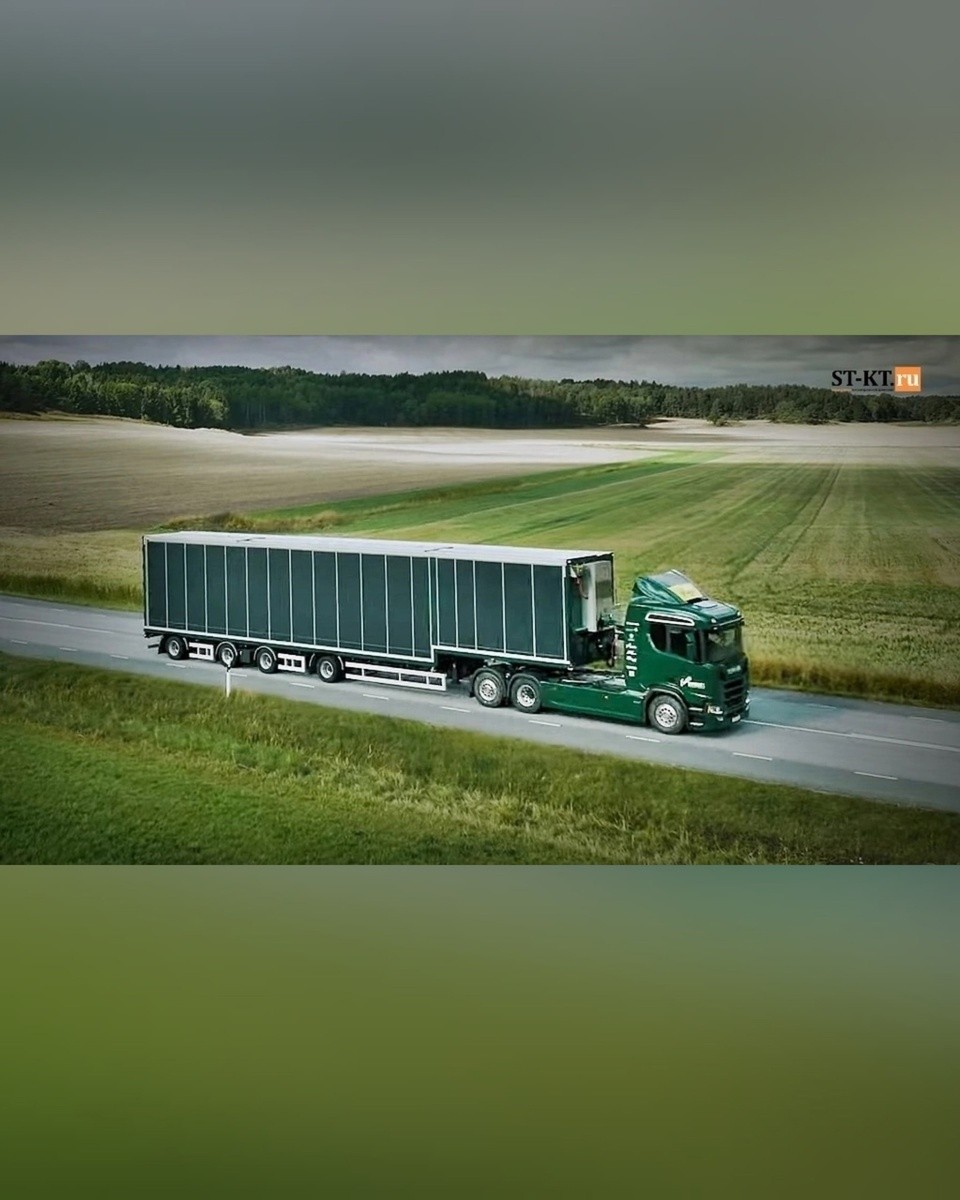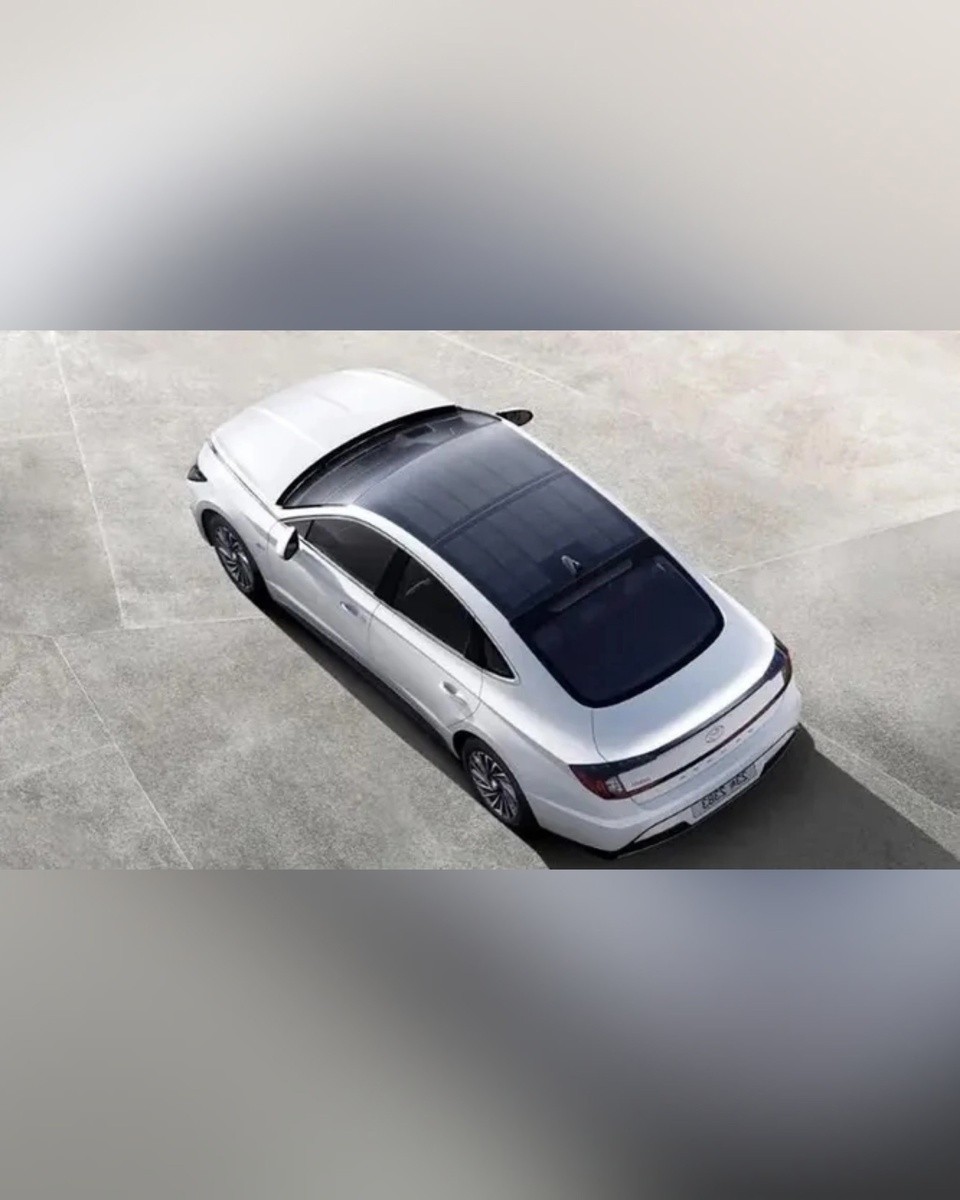The Sun Will Carry the Load: Sweden Bets the Truck on Solar Power
In Sweden, an ambitious pilot aims to answer a simple question: can the sun power heavy freight? The project brings together Uppsala University, Scania, several transport companies, and the panel maker Midsummer to test solar energy in trucking. A hybrid Mercedes-Benz Actros tractor with a semi-trailer will be clad in 100 square meters of lightweight perovskite solar panels on its surface, turning sunlight into usable electrical power. Even with Sweden’s relatively modest sunshine, the system can generate up to 13 kW at peak. Annual energy production is projected around 8,000 kWh, roughly equivalent to 5,000 kilometers of extra electric range. The effort challenges the belief that solar power has limited utility in vehicles and hints at a future where freight routes run partly on sunshine.

In This Article:
How It Works: A Solar Skin for a Heavy-Duty Rig
The trailer is coated with 100 square meters of lightweight perovskite solar panels from Midsummer, creating a solar skin that harvests energy as the truck travels. Perovskite panels are chosen for their potential to be lighter and more efficient than traditional solar cells, helping to reduce the weight penalty and boost overall efficiency. The project team—Uppsala University, Scania, participating transport companies, and Midsummer—will collect data across real-world routes and Sweden’s weather, to assess feasibility and economics.

Numbers That Tell the Story: Energy, Distance, Reality
The system can generate up to 13 kW of power at peak sun. Annual energy output is about 8,000 kWh, equating to roughly 5,000 kilometers of extra electric driving. Long-haul trucks typically travel more than 100,000 kilometers per year, so the solar boost is modest but potentially meaningful in aggregate and as a proof of concept. The experiment will quantify performance under varying weather and geography, and help assess the economic viability of solar-powered freight.

Why It Matters: A Blueprint for Decarbonizing Freight
The data could point toward more efficient and economical use of renewable energy in the automotive industry, especially for freight. If successful, the approach could inspire other countries pursuing decarbonization of the transport sector. Even small efficiency gains can become important steps toward a fossil-fuel-free future as experience and technology advance. In the long run, the lessons from this project could help create trucks that are significantly less dependent on fossil fuels.


